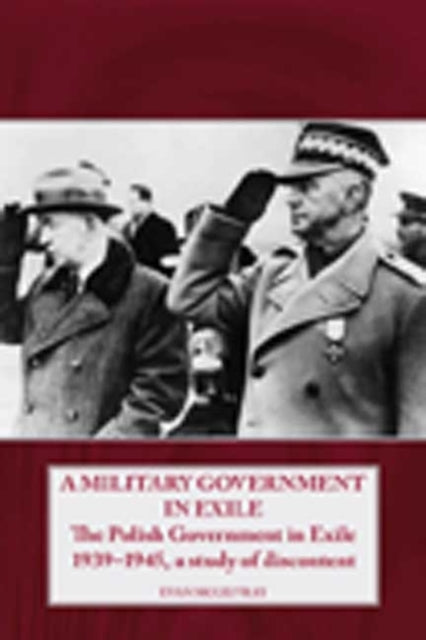
A Military Government in Exile
The question of differing objectives caused friction between the Western allies, the Soviet Union and the Polish Government-in-Exile. As hosts the British Government was able to control the Polish Government-in-Exile but frequently found that the demands of the Soviet Government on the latter difficult to justify, although the British did so in order to maintain the unity of the alliance against Germany. However, the Polish Government-in-Exile failed to recognize its true position in the alliance: it was very much a junior partner - just another minor European power and irritant. Another problem in the relationship between the British Government and the Polish Government-in-Exile was, what kind of government was it? Between 1926 and 1939 Poland had been ruled by a military clique and the signs were that in exile very little had changed in the mindset of many Poles, especially those military officers who arrived in exile after 1939. This situation vexed the British Government, which sought to work with democratically-minded Poles, but found this pool to be limited owing to the continuing political influence of the Polish military in exile. This attitude worsened as the war progressed until eventually the Polish Government-in-Exile lost any relevance in the war against Germany.
Making full use of unpublished material and Polish sources, this is a detailed and lucid contribution to modern Polish and European history, including much information concerning the creation of the Polish Army following the end of the First World War, and the politics of the Army during the 1920s and 1930s, besides detailed coverage of its political role during the Second World War.




